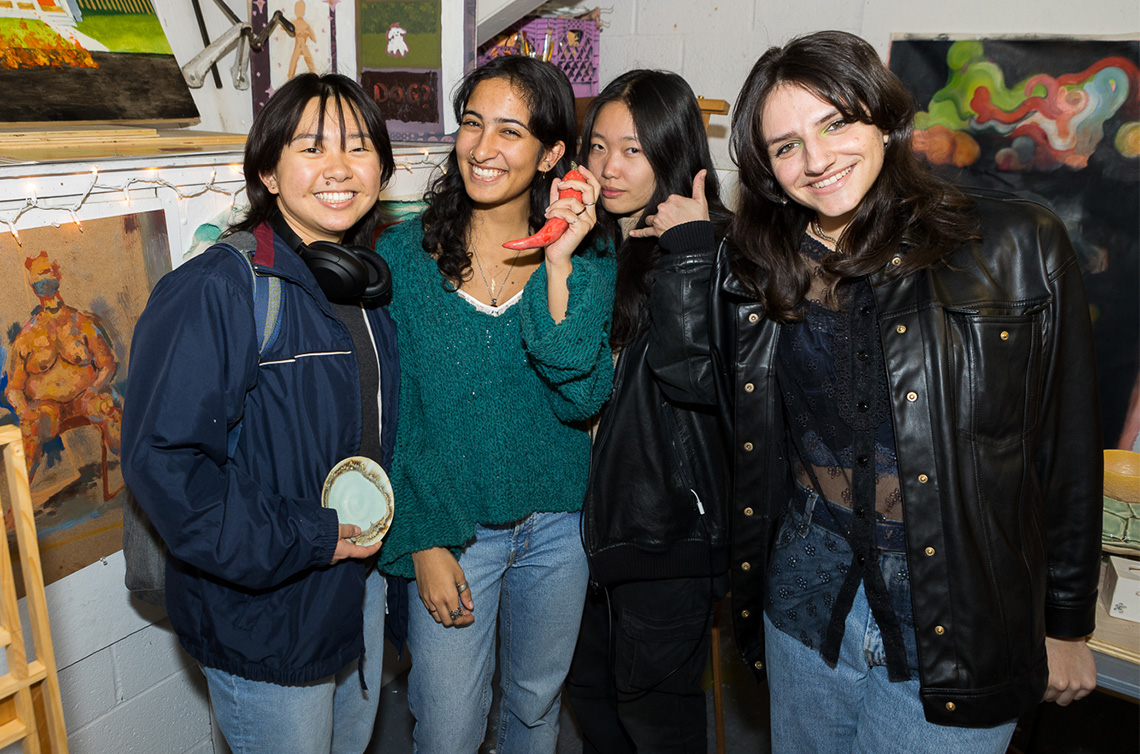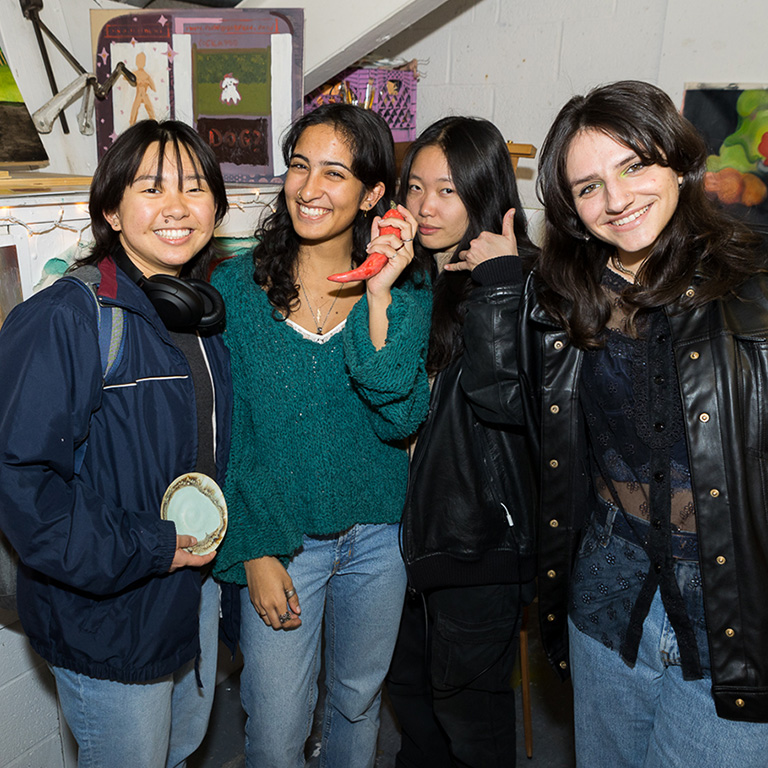Please find below a list of all intermediate, advanced and critical studies art electives for Fall 2025. For additional information, refer to Student Information Online (SIO).
INTERMEDIATE STUDIOS
Enrollment in intermediate studios is prioritized for sophomores in the BFA and BXA-Art programs. BFA and BXA-Art juniors and seniors can enroll in these courses on a space-available basis if space is available and use them to fulfill advanced studio requirements.
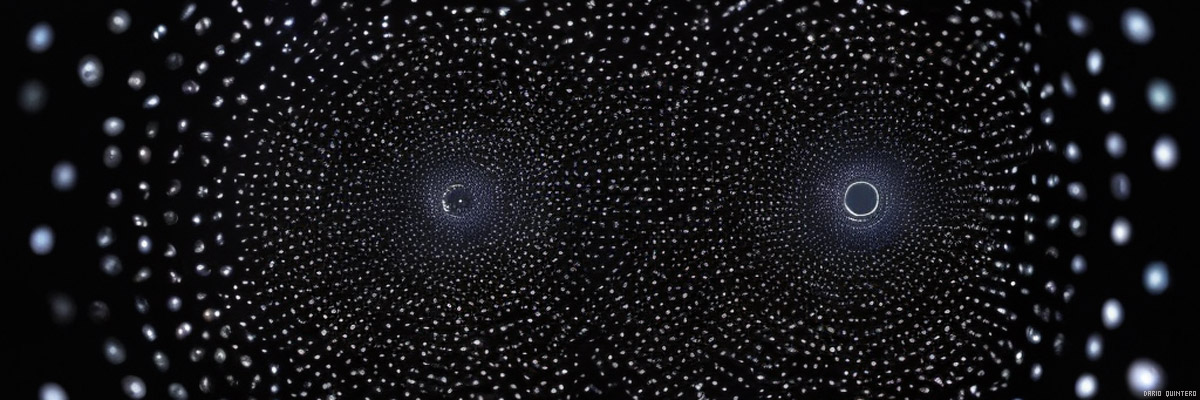
Creative Coding – 60212
M/W 2-4:50pm | Prof Golan Levin
Creative Coding is a practical introduction to the use of programming and computation within the context of the arts. In this intermediate level course, students develop or deepen the skills and confidence to produce interactive, generative, and computational artworks; discuss their work in relation to current and historic praxes of computer art; and engage new technologies critically. This is a “studio art course in computer science”, in which our objective is art and design, but our medium is student-written software. Intended as a second course for arts students who have already had one semester of elementary programming (in any language), this class develops craft skills in arts-engineering using a variety of creative coding toolkits, especially including p5.js (JavaScript), ComfyUI and TouchDesigner. Through rigorous programming exercises in these environments, students will develop mastery over the basic vocabulary of constructs that govern static, dynamic, and interactive form, with the aim of applying these skills to problems in interactive art, computational design, and other creative explorations of transmediality, connectivity, generativity, and immersivity.

Stop Motion Animation – 60219
T/R 8-10:50am | Prof Johannes DeYoung
This intermediate animation studio explores principles and techniques of stop-motion animation. Students will explore a range of materials and methods through hands-on animation studio practice. Coursework emphasizes creative content production, experimentation, critical thinking, and collaboration. Pioneering works of historical avant-garde animation inform exercises and project prompts, drawing upon rich global histories and a wide spectrum of practitioners. A combination of rigorous studio practice, historical exposition, and theoretical discourse will equip students with the practical techniques and critical tools required to advance new dimensions in stop-motion animation. Studio work emphasizes collective productions that engage the principles of animation, material sensitivities, and expressive puppetry performance. Historical and theoretical examples guide coursework and class discussion. Screenings, practical tutorials, readings and discussions, will expose students to historical frameworks and contemporary currents in stop motion animation, equipping students with a variety of conceptual, methodological, and technical resources.
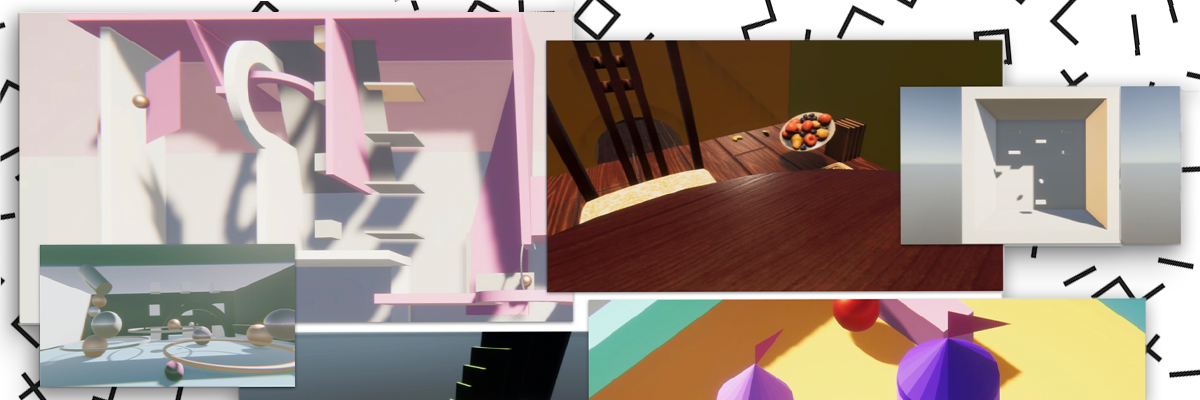
Digital Animation – 60222
T/R 2-4:50pm | Prof Johannes DeYoung
This intermediate animation studio explores the practical, historical, and theoretical frameworks for making animation with digital technologies. Students will be exposed to a variety of hands-on techniques for making 2D and 3D animation with computational tools, and cultivate awareness of emergent practices in the fields of art, cinema, and expanded media animation. Studio work will explore the affordances of digital technologies for creating expressive animated movement and storytelling. Practical demonstrations, discussions, and critiques will provide meaningful contexts for making animation, frameworks for experimentation, and resonant historical and theoretical precedents to inform contemporary practice.
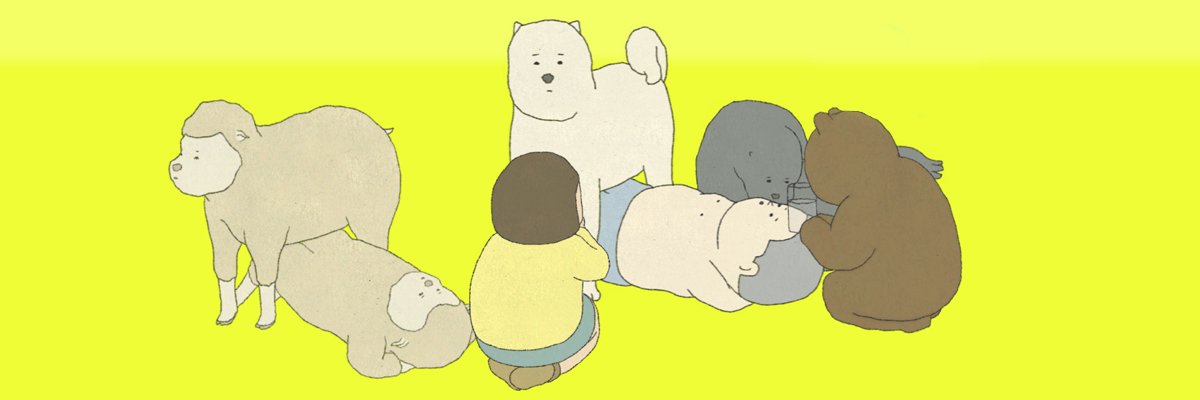
Game Studio Interactivity – 60224
T/R 8-10:50am | Prof Paolo Pedercini
Interactivity is a hands-on intermediate course focused on expressive forms of play at the boundaries of gaming. Structured around two multi-step assignments, the class will involve the creation of short interactive experiences focused on meaningful storytelling and visual experimentation. The course will cover many game development processes in both 2D and 3D contexts, including: narrative design, level design, character and world building, modular asset creation, art direction, programming and scripting. Students will work individually. No programming experience is required.
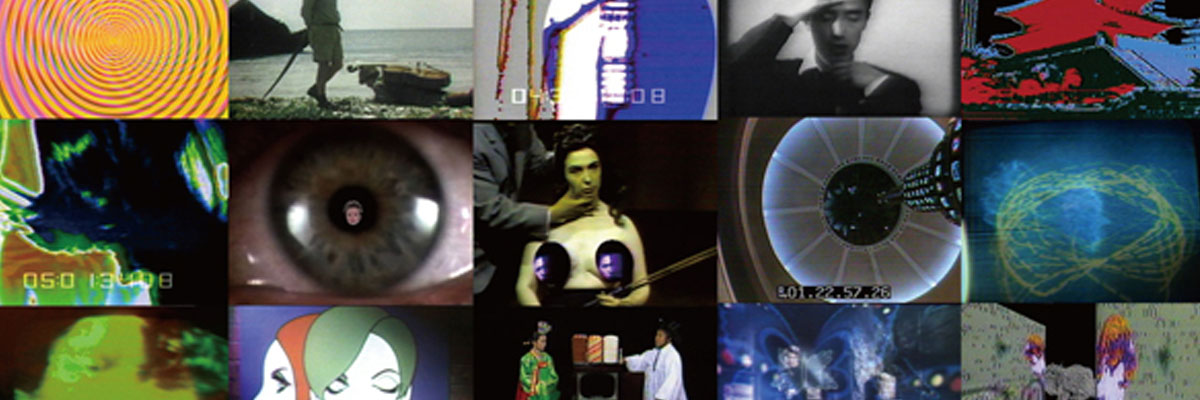
Video Art – 60226
F 10am-12:50pm & 2-4:50pm | Prof Suzie Silver
This course traces video art’s emergence in the 1960s as artists gained access to portable recording equipment, through its evolution with digital technologies to contemporary practices that turn towards the cinematic. Through readings, screenings, and discussions, students will understand how video art has consistently pushed the boundaries of artistic expression while engaging with broader cultural and technological changes. Through hands-on projects, students will engage with video art’s core concepts including: Real-time capabilities; the relationship between performer, camera, and viewer, time as malleable material, media critique, the screen as both window and mirror, the integration of video with space in installation contexts, and tools for video synthesis and visual effects. Students will learn the fundamentals of video production including camera operation, lighting, sound recording, editing and visual effects. By the end of the course, students will have produced several original video works and developed a deeper understanding of video’s potential as an expressive medium. The class combines screenings and discussions, technical instruction, artwork analysis, group critiques, and independent projects to foster both practical skills and artistic vision. Prerequisites: Basic familiarity with digital media tools is recommended but not required. Open to students of all skill levels.
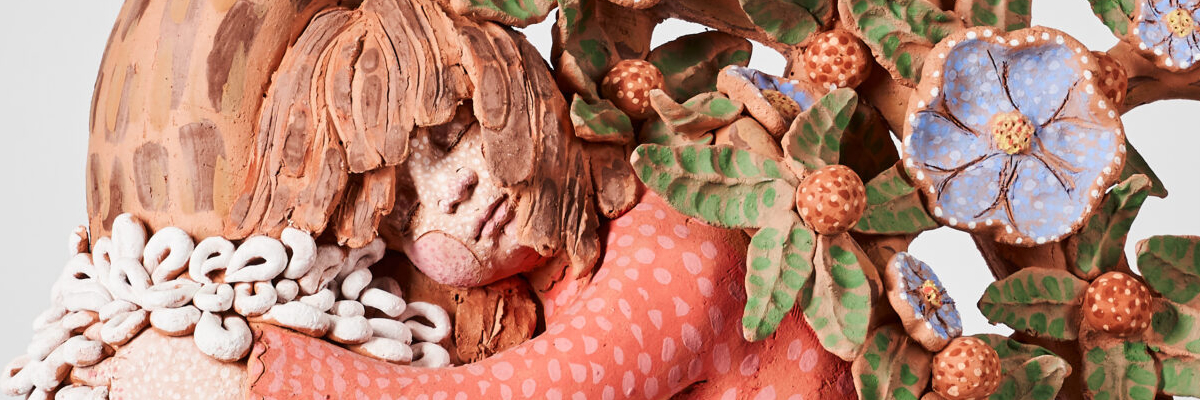
Ceramics – 60234
T/R 10am-12:50pm | Prof Yoko Sekino-Bové
This course is a comprehensive introduction to the craft of ceramic art. Students will investigate clay as an art material for personal expression. The primary emphasis is on studio work leading to a portfolio of finished pieces by the end of the semester. The goal of this course is that students will be able to create expressive, three-dimensional clay forms with the proper understanding of the materials and process. The topics include, but are not limited to, various construction techniques such as soft and hard slab, pinch, coil, and wheel-throwing. Also, surface treatment techniques such as texturing and underglaze painting will be introduced. Discussions will include contemporary artists working in ceramics as well as historical examples and various approaches and techniques for working in clay. This course will consist of demonstrations and lectures, research/writing assignments in and out of class, as well as work time. Students will develop a body of work within the context of the projects to express their individual voice. This course requires students to participate in critiques to analyze their own and others’ work and identify strengths and weaknesses while promoting artistic growth and the exchange of ideas. No prior experience in clay is required.
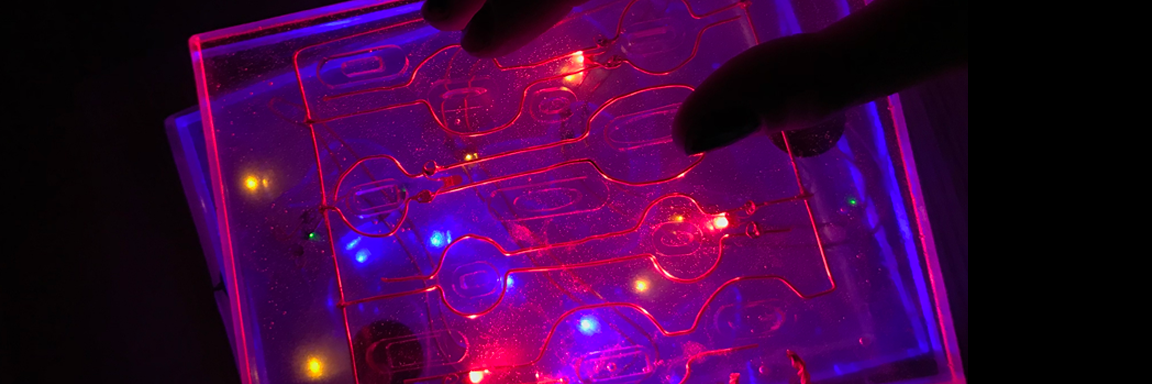
Electronic Sculpture – 60237
M/W 10am-12:50pm | Prof Jenna Boyles
Electronic Sculpture is an intermediate sculpture course that explores the concepts, techniques, and tools behind making interactive, responsive, or kinetic art works using physical computing and basic robotics. This studio course introduces students to building circuits, programming with Arduino, and integrating human-computer and human-object interaction into sculptures and installations. Students will do technical assignments and self-driven projects based on research they find personally interesting. Research, experiments, and projects will prompt consideration of relationships between the digital and the physical realm; as well as the relationships between objects, bodies, technologies, spaces, cultures, and societies.

Painting – 60250
M/W 10am-12:50pm | Prof Sharmistha Ray
This course serves as an introduction to technical, conceptual and historical practices of painting. Through a variety of painting experiences and presentations using oil paint, students progress from observational exercises and exposure to materials and techniques to developing personal processes, imagery and ideas. Class sessions include technical demonstrations, illustrated lectures, personal and group critiques.
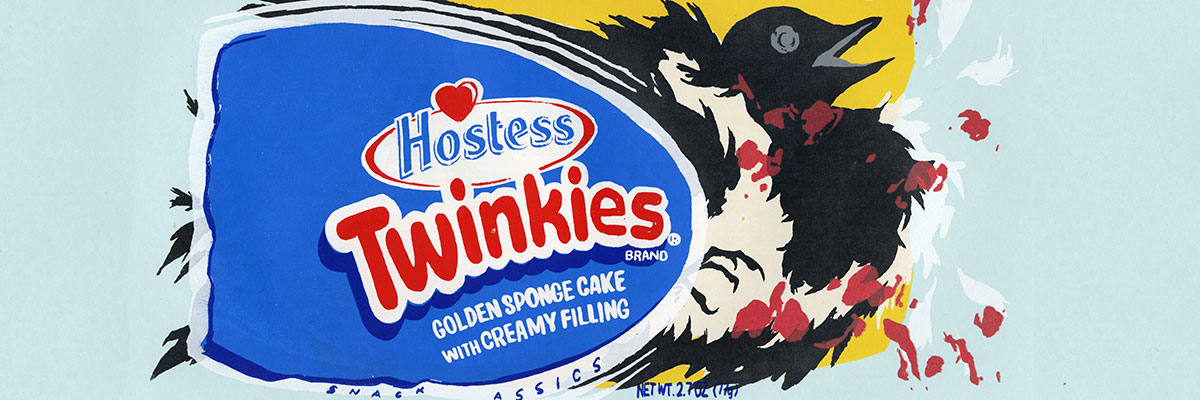
Print Media – 60251
M/W 2-4:50pm | Prof Mary Tremonte
Printmaking is a process based medium that produces multiples of original artworks. Students will create four works on paper using the following printmaking approaches: Relief (carved), Intaglio (engraved), Lithography (planographic), and Screen Printing (stencil). Each technique’s unique set of materials, processes and aesthetics will be explored. This course focuses on traditional tools and processes, but will include utilization of digital images and sources through a critical lens. While primarily focused on the learning of fundamental techniques, the class will also also expose students to ways that Print Media can be a tool (physically and conceptually) in contemporary practice. Open to sophomores in the School of Art, or by instructor permission.

Color – 60252
T/R 2-4:50pm | Prof Ranee Henderson
In this course, students will learn to employ a wide range of color theories and color systems through hands-on exercises and studies. Studies will be done primarily in paint, with some use of collage and digital media. These exercises will be aimed at mastering a variety of color approaches that will be applicable to each student’s own artistic practice. Students will develop, based on their own interests, a cohesive body of work in which to practice and expand on the skills learned through the directed exercises. Studio work will be augmented by lectures, demonstrations, critiques, readings and critical discussion of writings about color.
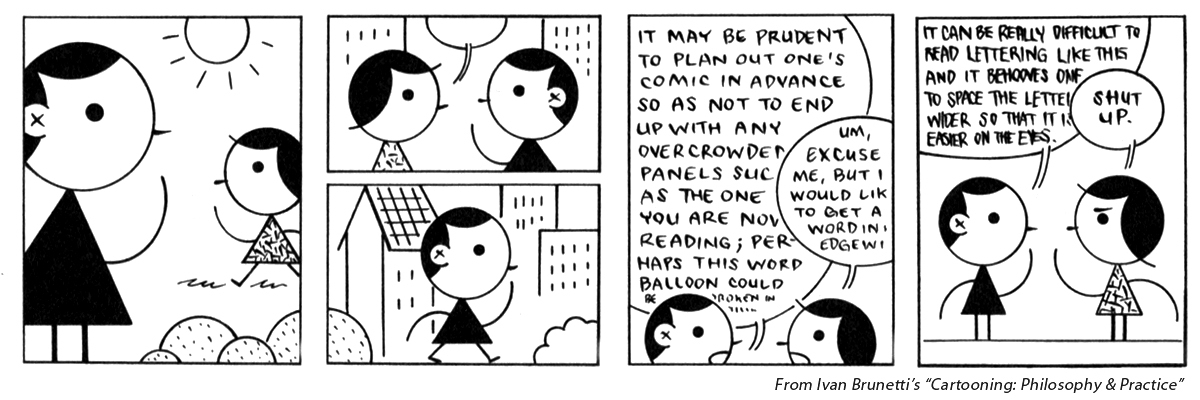
Graphic Novel – 60263
T/R 7-9:50pm | Prof John Peña
In this course, students will critically and creatively engage with the medium of comics to learn how to better communicate their ideas in this format as well as challenge its boundaries. A substantial portion of the course will focus on familiarizing students with the basics of storytelling in a sequential narrative format and creating opportunities for students to discover, hone and explore their own voice and style. In addition to creating new work, students will also explore the history of comics and the origins of the “modern” graphic novel. Students will also be exposed to both graphic and non-graphic artists whose works has challenged and redefined the genre. We will explore these artists in order to understand how our own work borrows from and draws upon a rich lineage. Students will also be expected to think beyond the commonly accepted notions of comics and to question the relevancy of their work in this medium. Finally, each student will produce a new body of work that will culminate in the production of a 4-5 “page” “sequential” narrative.
CRITICAL STUDIES
Critical studies elective are open to sophomore, junior, and senior BFA and BXA-Art students.
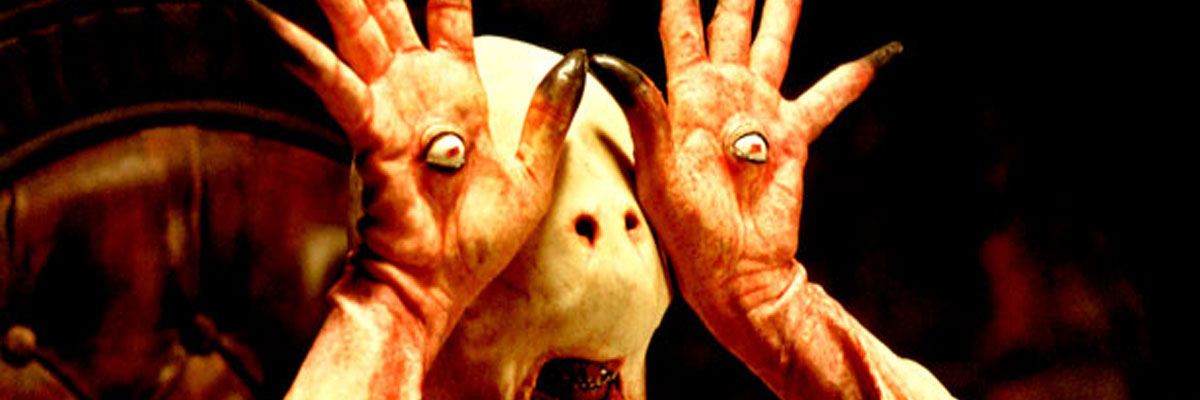
Once Upon A Time: A Survey of International Folk and Fairy Tale Film – 60356
W 2-4:50pm | Prof Suzie Silver
Since George Méliès’ 1899 Cinderella, filmmakers from around the globe have continuously returned to the fairy tale genre not only for escape into enchanted worlds, but also for social critique, with stories of injustices avenged, class oppression overthrown and gender roles expanded. This course decenters the conception of the genre fixed by Disney and Hollywood to examine fairy tale films from around the world. We will encounter a poetics and politics of wonder in international films about transformation, wish-fulfillment and reversals of fortune that deliver a situated counterpoint to the hegemony of a colonizing and commercialized poetics of magic. This edition of the class will feature an emphasis on the subgenre of Folk Horror.
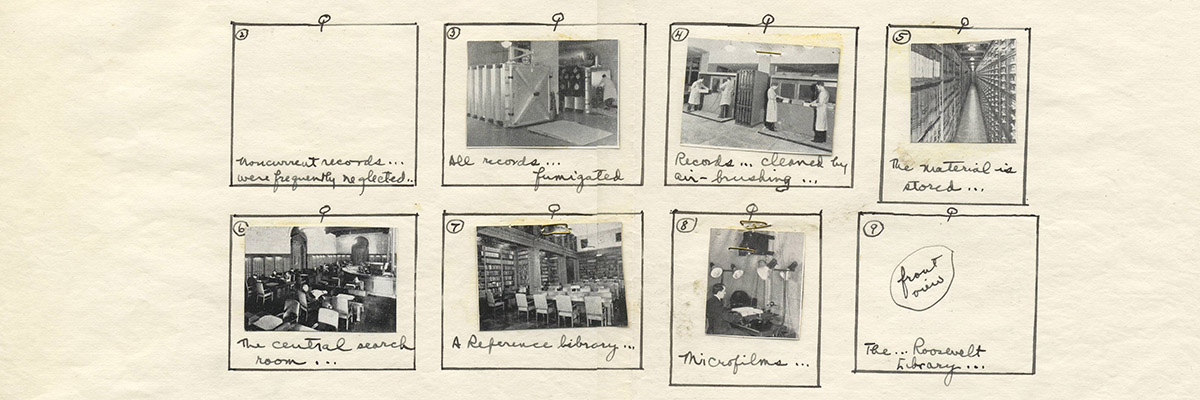
The Art of the Archive – 60376
M 10am-12:50pm | CMU Librarian Jill Chisnell
This course delves into the dynamic relationship between artists and archives, examining how cultural and historical collections shape, inform, and intersect with contemporary art practices. Through lectures, readings, site visits, discussion and inquiry, students will learn fundamentals of archival theory and professional practice to explore and analyze the ways artists engage with archival materials to reimagine history, challenge dominant narratives, and interrogate collective memory. Additionally, students will reflect on their own creative practices and personal collections to examine the artist’s role as archivist. By the end of the course, students will have developed an understanding of archives as powerful tools for storytelling, activism, and artistic innovation, gaining skills to critically and creatively engage with historical and cultural records in their own work.

In Their Own Words: Artist’s Writing – 60379
T 2-4:50pm | Prof Kim Beck
This class is for everyone who wants to read the ideas and language of artists. From zines, to essays, to books and biographies, artists write to understand the world and themselves and to make space for other artists overlooked. We read artists’ writings to situate ourselves among a community of people who walked before and with us through the challenges of making art. In this class, we will read poetry, prose, academic writing, memoir, and the things that defy categorization by artists like Martine Syms, Moyra Davey, Maggie Nelson, and Cauleen Smith. Students will respond to these works as well as create their own texts, ‘zines or essays to sit alongside or inside their own practice.
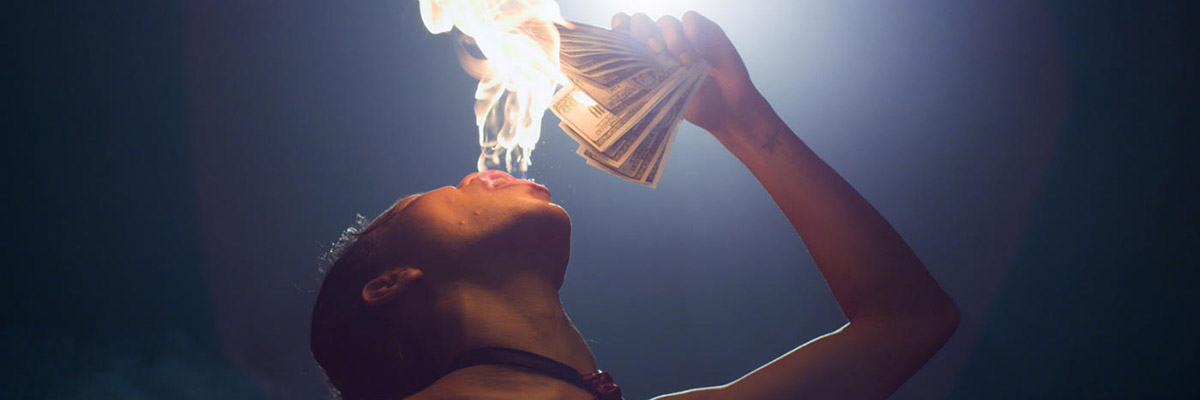
The Supernatural + Paranormal in Art: Other Histories – 60390
W 7-9:50pm | Prof Jongwoo Jeremy Kim
Art empowers us to grapple with inexplicable phenomena in our waking hours and dreams. Our history of art is full of investigations into supernatural events. Surrealism is an easy example from this long history. But creative projects prodding the paranormal predate the Surrealist manifesto of 1924, exceed the limits of that movement, and thrive to this day. We start with French symbolism investigating the correspondence between nature and our inner world. We end the class by analyzing the 2024-25 exhibition Spirit House, surveying Asian American and Asian-diasporic artists exploring haunting, reincarnation, and inter-dimensional dialogues. Artists we discuss include Odilon Redon, Gustave Moreau, Edward Burn-Jones, Arnold Böcklin, Edvard Munch, Hilma af-Klint, Jean Cocteau, Leonora Carrington, Remedios Varo, Dorothea Tanning, Gertrude Abercrombie, Anna Mendieta, Susan Hiller, David Hammons, Renée Stout, Betye Saar, Doris Salcedo, Kenneth Anger, Derek Jarman, Kang Seung Lee, Korakrit Arunanondchai, and Sharmistha Ray.
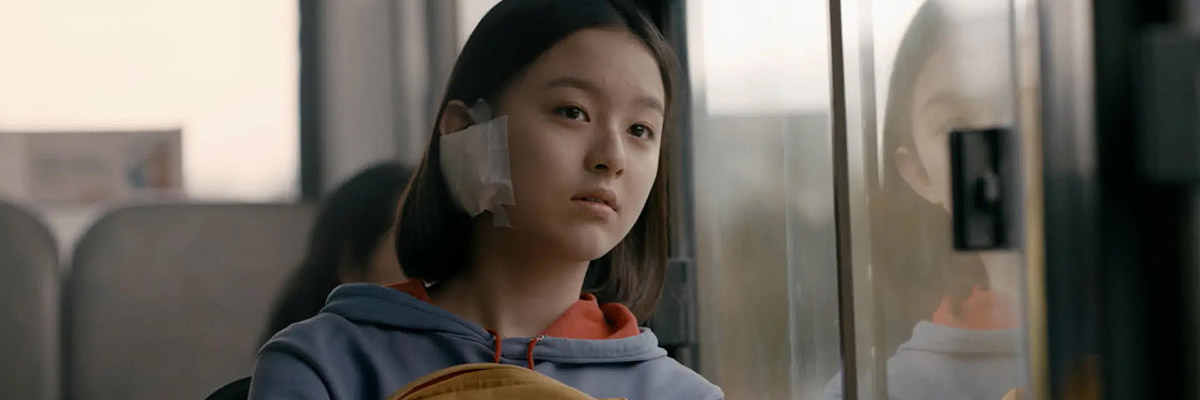
Korean Flicks: A History of Contemporary Cinema – 60391
T 7-9:50pm | Prof Jongwoo Jeremy Kim
We all know about Netflix’s Squid Game, some of us even binge-watched it, but where does it come from? Though many Korean flicks, like Parasite (2019), are blockbusters and moneymakers, is that all there is? Focusing on the three decades between the 1990s and the 2010s, this class offers a brief survey of Korean cinema ranging from lucrative crowd-pleasers to fan favorites of indie communities. Class discussions explore films such as The Day a Pig Fell into the Well (1996), Waikiki Brothers (2001), Take Care of My Cats (2001), Old Boy (2003), The Host (2006), Poetry (2010), Miracle on Jongno Street (2010), Train to Busan (2016), and House of Hummingbird (2019). Filmmakers such as Park Chan-Wook, Bong Joon Ho, Hong Sang-Soo, Lee Chang-Dong, Jeong Jae-Eun, Kim So Yong, Yoon Ga-Eun, and Kim Bora are analyzed in conjunction with critics’ reviews and scholarly articles.
PROFESSIONAL DEVELOPMENT
Enrollment in professional development courses is prioritized for juniors and seniors in the BFA and BXA-Art programs. Sophomore BFA and BXA-Art students can enroll with faculty permission if and when space is available.
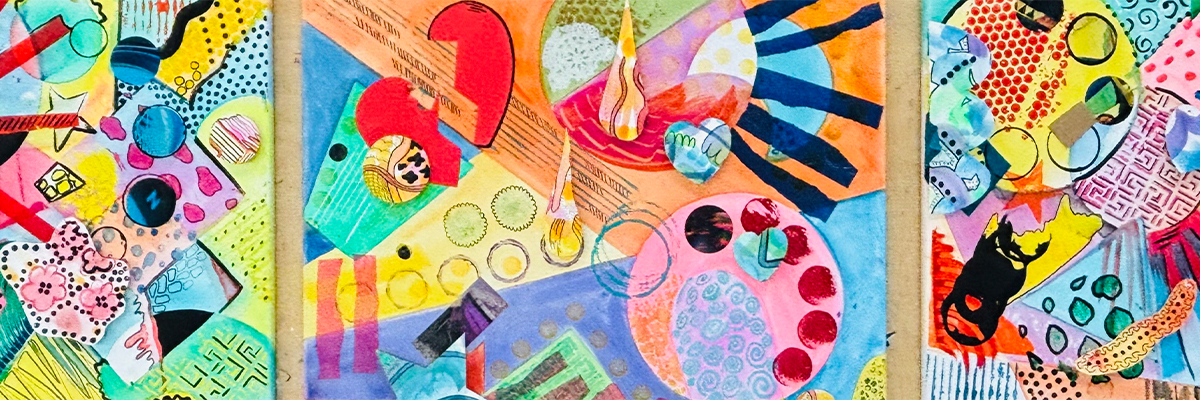
The Teaching Artist’s Tool Kit – 60350
T 7-9:50pm | Prof Stephanie Flati
This hands-on professional development course is designed for students who want to gain the materials, skills, and confidence to teach art in a variety of environments including traditional K-12 school settings (public and private), summer camps, museums, and after school programs. Students will learn how to adapt their teaching methods for different age groups, and create engaging art experiences that cater to the unique qualities of each setting. Participants in the course will explore a range of lesson plans tailored to different age groups and environments. They will develop and refine practical teaching skills by creating examples to accompany the lesson plans, ensuring they leave with a ready-to-implement portfolio of lessons and examples.
ADVANCED STUDIOS
Enrollment in advanced studios is prioritized for juniors and seniors in the BFA and BXA-Art programs. Sophomore BFA and BXA-Art students can enroll with faculty permission if and when space is available.
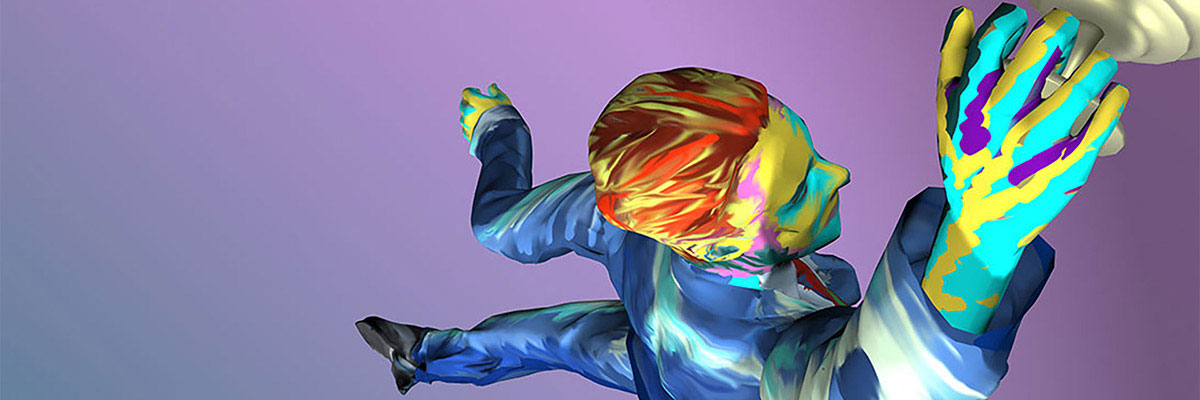
Animation Studio – 60415
T/R 11am-1:50pm | Prof Sujin Kim
This is an open animation studio for students who want to improve existing animation skills and develop a personal animated short. The class will introduce a variety of techniques and concepts for animation production. Using both 2D and 3D tools, animation will be explored through short assignments designed to develop diverse skills and ideas. Each student will develop and produce a short animation. The class will engage in discussion and critique of each other’s work along with examples of historic and contemporary animation.
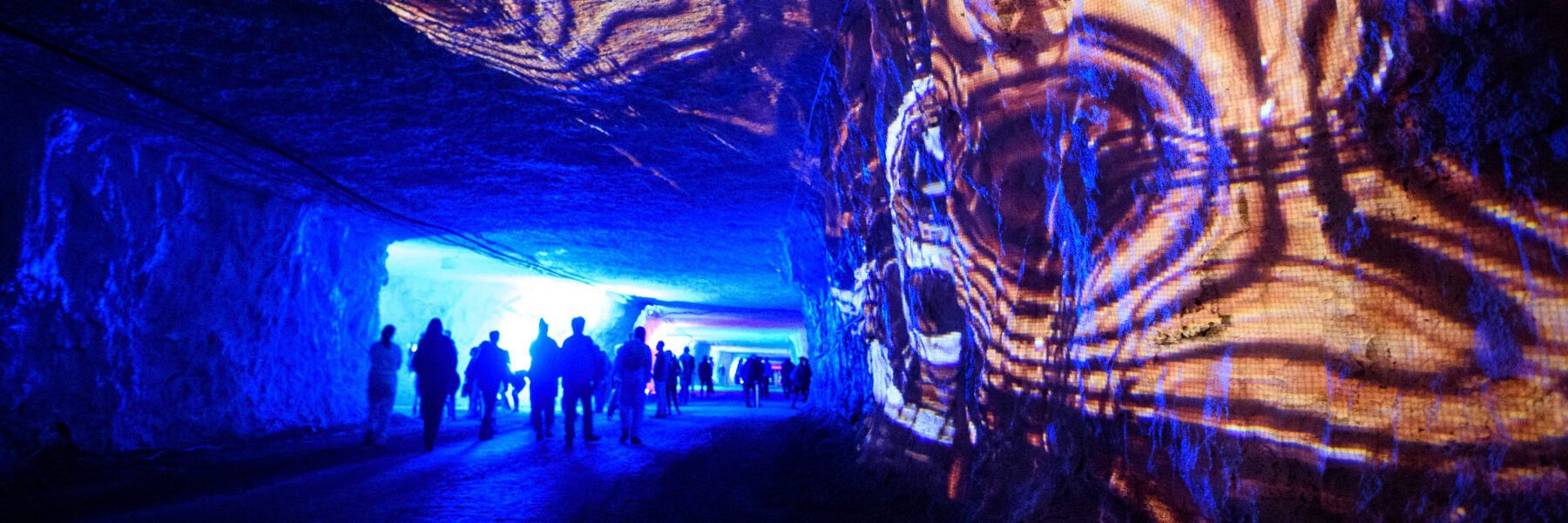
Open Media – 60427
M/W 2-4:50pm | Prof Rich Pell
Open Media is a project-based studio that allows for student-driven development of an artistic practice across a range of practices including coding, animation, performance, video, bioart, hybrid/experimental approaches, and other time-based media. Artists will create 2 to 3 major projects and hone their individual sense of creative identity through the development of personal research interests, aesthetic sensibilities, and their own critical language surrounding common themes through their projects. Studio work is supplemented by group critiques, regular one-on-one studio visits with the teacher, at least one field trip, and workshops as needed. An emphasis will be placed on setting and meeting milestones, developing unique exhibition strategies, and documentation. Students are encouraged to come prepared with ideas for projects. Prerequisites: Foundations: Digital Media, or any Intermediate: ETB course.
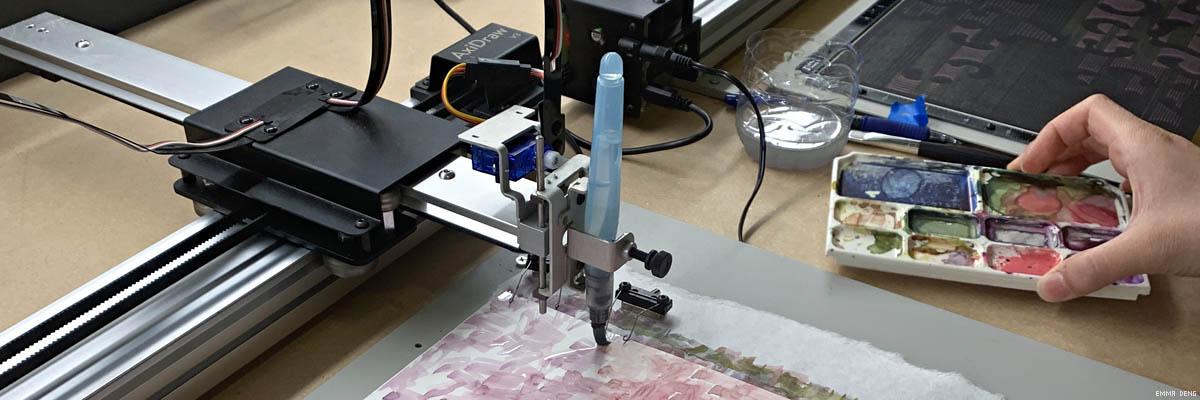
Drawing with Machines – 60428
M/W 7-9:50pm | Prof Golan Levin
This is an intermediate/advanced studio course in experimental drawing, generative art, computational design, and mechatronic mishegoss. Working at the boundaries of creative code, automation, physical materials, and gestural mark-making, we will explore personal and peculiar new approaches to digital imaging; the development of ultra-niche workflows as a mode of creative practice; and the use of algorithms and machine collaborators as nontraditional intermediaries between mind, hand, and paper. Drawings will be created using AxiDraw/Bantam plotters and a variety of other specialized machinery. Interested students should have JavaScript and/or Python programming experience equivalent to an introductory course such as 15-104, 15-110 or 15-112.
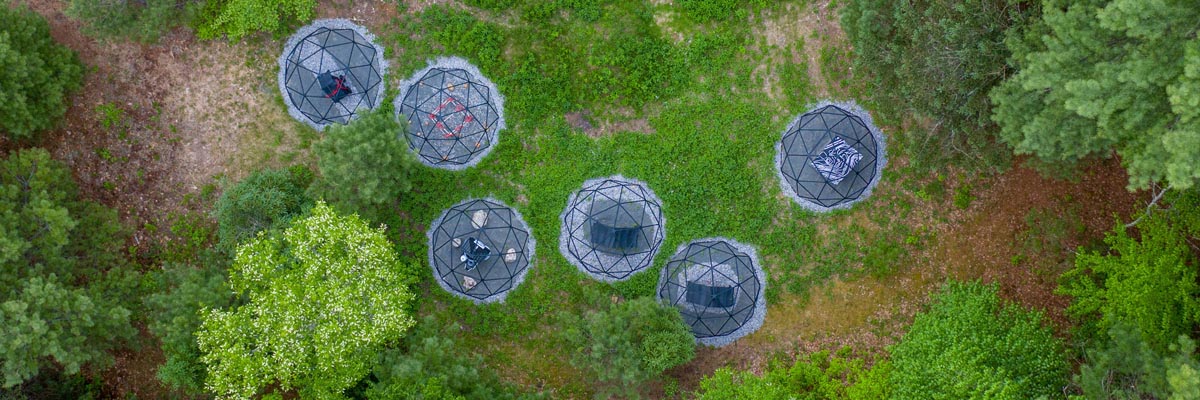
Open Sculpture – 60430
M/W 10am-12:50pm | Prof Marvin Touré
Open Sculpture is an Advanced project-based studio class that allows for student-driven development of an artistic practice in 3D media, installation, site specific work, interactive systems, and more. Through hands-on-making, in class work time and studio time, group critiques, discussions, and short reading and writing assignments, students will develop their abilities to turn ideas for three dimensional works into proposals, prototypes, and finished projects. Artists will build 2 to 3 major projects from start to finish, develop a working bibliography for their practice, and hone their individual sense of creative identity through the development of personal research interests, aesthetic sensibilities, and their own critical language surrounding common themes through their projects.
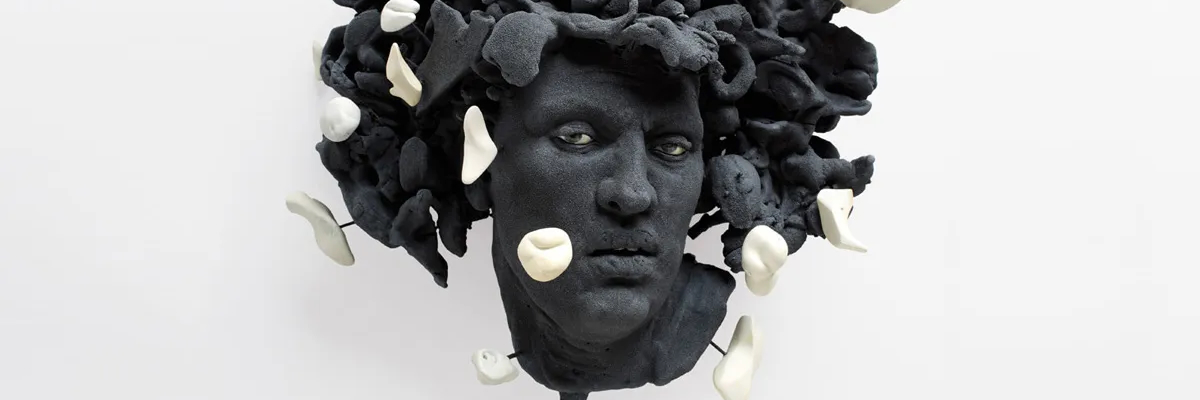
Advanced Ceramics – 60434
T/R 2-4:50pm | Faculty to be announced soon
In this course, advanced ceramic students will explore clay as a medium for personal expression. They will enhance their technical skills using materials and processes aligned with their concepts, while developing aesthetic sensibilities through historic and contemporary references in ceramics and other arts. Students will learn to organize their projects and manage their time effectively to complete projects within the given timeframe. Coursework supports the creation of a professional portfolio. Students will engage in technical projects to broaden their experience with clay, such as mold making, slip casting, and glaze mixing. Advanced students will gain deeper knowledge and mastery of the medium through these complex processes. Participation in critiques is required, where students will analyze their own work and that of peers to identify strengths and weaknesses, fostering the growth and exchange of ideas. The class includes demonstrations, lectures, research/writing assignments, and work time. Students must develop a body of work within the project context to express their individual voice.
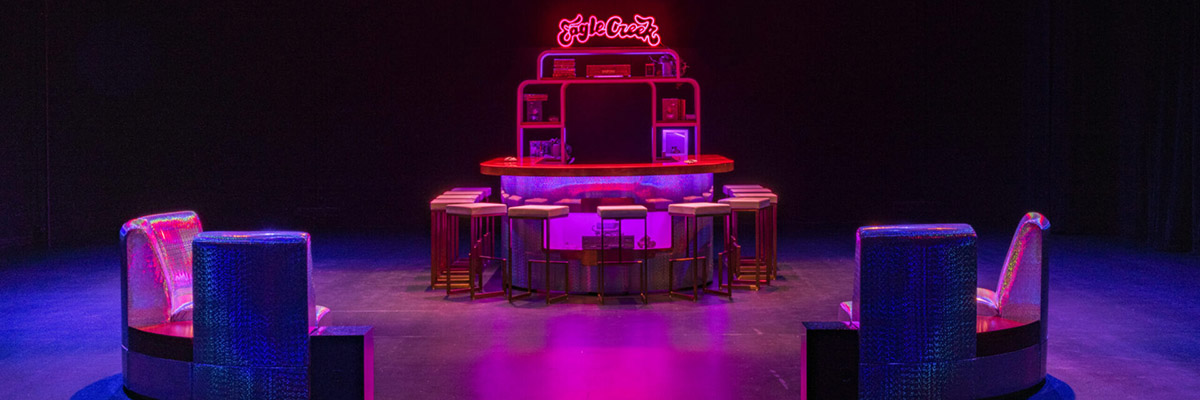
Personal Narratives in Practice and Place – 60441
M/W 2-4:50pm | Prof Britt Ransom
Artists have used their own identity, lineage, personal connection to site, and family histories as a vehicle to discuss larger sociopolitical issues in our society for centuries. In this class students will be exposed to a broad range of contemporary artists whose work is firmly situated within family history, traditions, and personal identity. Students will develop a series of projects through archival research, creating collections, using multimedia materials, and object making to explore how their own identity and familial history are present in their work.

Dye Lab – 60443
M/W 10am-12:50pm | Prof Addoley Dzegede
In this course, students will learn both synthetic and natural dyeing techniques from dye painting, batik, and tie-and-dye, to mordant printing, indigo dyeing, and more. Through readings, we will also explore the human quest for color throughout time – from the exploitation of flora and fauna to profiteering journeys across seas. The aim of this course is to introduce students to a variety of methods of dyeing that they may choose to incorporate into their current or future work, and leave with a new eye toward the origins, importance, and cultural significance of color.
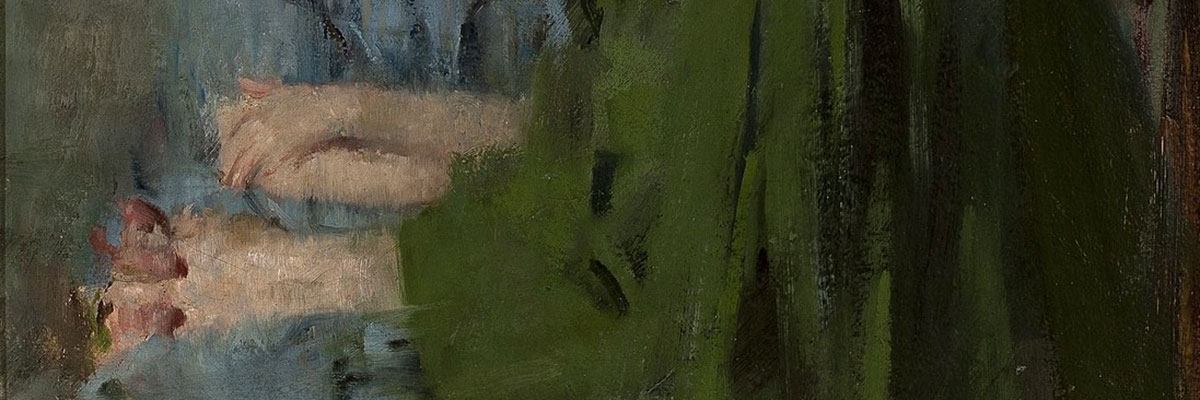
Open Painting – 60453
T/R 10am-12:50pm & 2-4:50pm | Profs Paul Mullins & London Williams
This course is designed to help promote a painter’s development conceptually and technically. It encourages students to evolve their own ideas through a proposed series of carefully conceived paintings. Through research and studio experimentation, students will explore issues of scale, surface, materiality, process and storytelling with the goal of discovering a combination that exemplifies their intended meaning. Lectures and assignments are designed to enrich the painter’s conceptual and technical base and to promote creative growth. Enthusiasm and varied perspectives will be applauded.
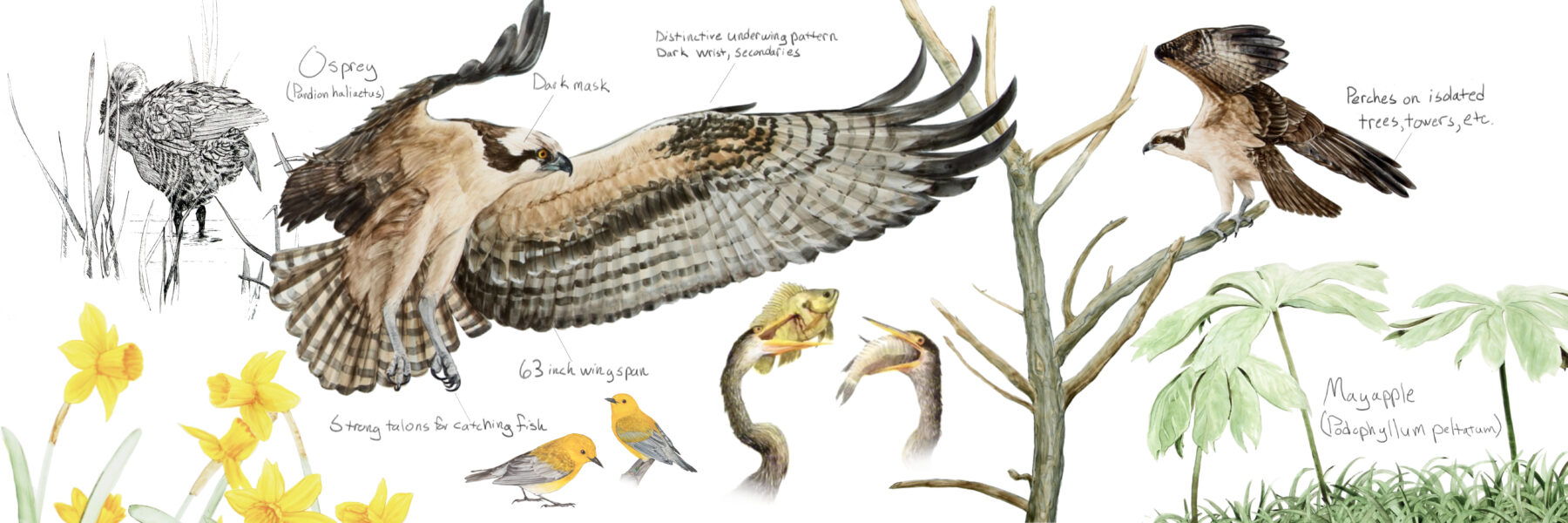
Advanced Studio: Field Notebook, Watercolor & Nature – 60469
M/W 2-4:50pm | Prof John Guy Petruzzi
This course introduces nature illustration through watercolor painting. Students detail the natural world via projects involving observational field sketching, classical watercolor techniques, and research-based processes. A field sketchbook is developed throughout the semester, documenting personal experiences in nature, as well as class trips to local habitats and resources. Larger scale studio projects engage with topics including biodiversity, extinction, and the relationship between humans and the environment within the context of global climate change. Classes consist of demonstrations, visual presentations, individual consultations, work sessions, readings, and group critiques. Throughout the course, students advance their technical illustration skills while deepening their connection to nature and discovering unique creative strategies.
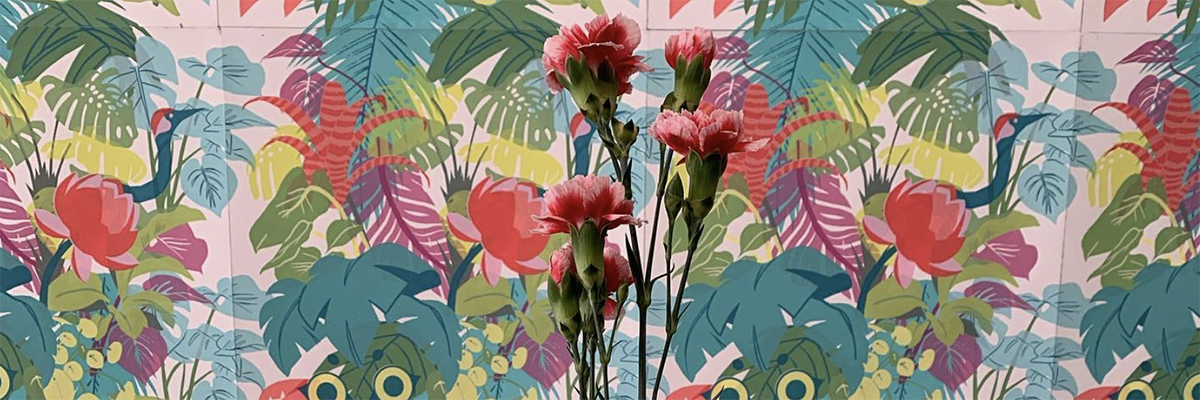
Print in Space – 60473
M/W 10am-12:50pm | Prof Imin Yeh
This advanced print media moves print away from editioned works on paper. Students will utilize the “copy” to create immersive wall installations, participatory social sculpture, objects that act as interventions, and hand-printed yardage that can be used in soft sculpture and/or wearable forms. Projects play with the scale and reach of printed matter, question the role of design/ornament/utility within socio-political-cultural frameworks, and explore the “hand-made” within exchange and gift economies. One unit includes textile yardage printing, an opportunity to problematize artworks in relationship to the human body: as wearer, as laborer, and as consumer. Screen Printing is the main technique of this course although students are welcome and encouraged to work in all mediums, print and beyond. Requirement: at least one intermediate or advanced printmaking course.
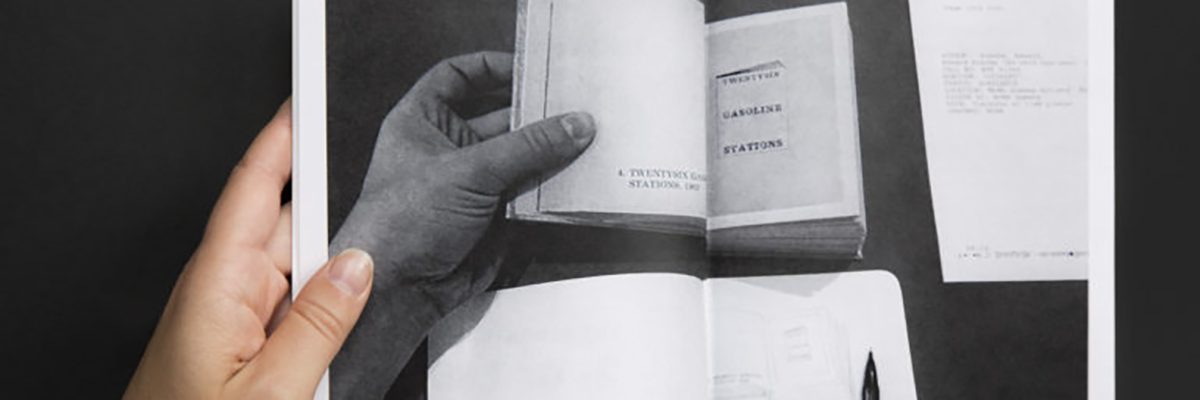
The Weight of Images: Making Stories and Books with Photographs – 60474
T/R 8-10:50am | Prof Kim Beck
In this course, we will create books that explore visual narrative, sequencing, and sculptural form through the medium of photography. Additionally, we will consider the roles of image and text as well as design, editing, printing and binding. Our work will be informed by the history photobooks and artists’ books, including by Ed Ruscha, Sophie Calle, Andres Gonzalez, Tommy Kha and Rinko Kawauchi. Lectures and field trips to book collections will guide our work too.
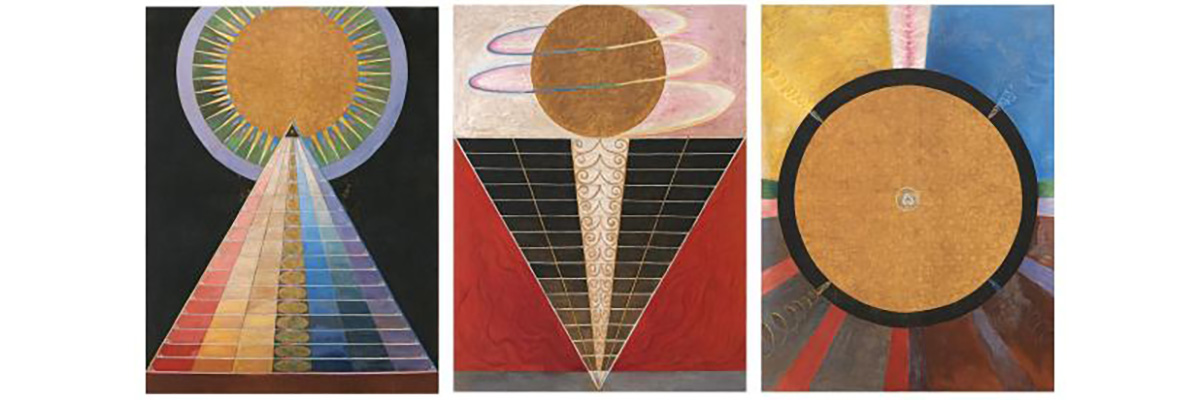
Spiritual Abstraction – 60479
M/W 2-4:50pm | Prof Sharmistha Ray
This painting course draws upon the rich art history of spirituality in abstraction, starting with the Swedish mystic Hilma af Klint, whose groundbreaking posthumous exhibition at the Guggenheim engendered a new timeline for Modernism. Through a series of readings, presentations, field trips, and critiques, the class will gain knowledge of the practices and histories behind spirituality in art and learn techniques to build complex abstract works that use both expressive and geometric forms. This is a studio-based painting course in which emphasis is placed on independent research and studio productivity. We will discuss artists like Hilma af Klint, Wassily Kandinsky, Eamon Ore-Giron, Loie Hollowell, Elijah Burgher, Xul Solar, Ghulam Rasool Santosh, Jesse Bransford, and Betye Saar as well as artistic movements including Transcendental Painting Group and Neo Tantra Painting.
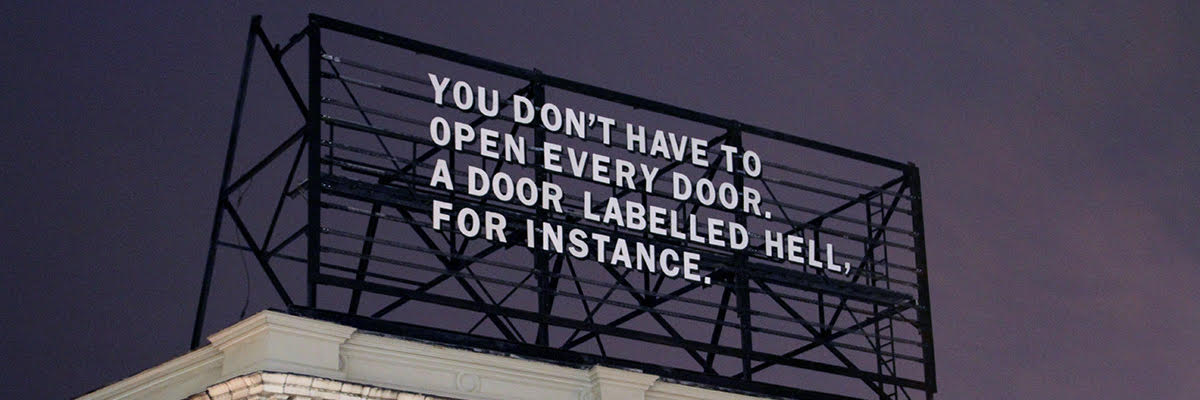
Advanced Social Practice: Public Text as Free Speech – 60492
M/W 10am-12:50pm | Prof Jon Rubin
Public Text as Free Speech is a project-based class that teaches students how to create impactful artworks in the public realm using language as the primary medium. Throughout history, artists have used public language as a powerful means of resistance against oppressive regimes, a tool for political commentary, and a vital platform for free expression. Text-based public art can be found in various forms, including graffiti, billboards, wheat-paste posters, handout flyers, DIY signs, light projections, and even experimental adaptations of utilitarian items like street signs, historic markers, and wayfinding signage. The class includes field trips and workshops with local sign painters, designers, print shops, and artists to build students’ skill-set for using language as a means for directly engaging with and impacting the world around them. The class critically examines how the meaning of text-based public art is influenced not only by its language, design, and form, but also by the physical, social, and political context of any public space and its audience. For this kind of publicly-engaged work artists must develop a unique set of social and material skills. They must demonstrate an awareness of local histories and a nuanced understanding of the ethics of working with the public and the relationship between polemics and poetics.
CFA PHOTOGRAPHY
CFA Photography courses are available to students of all disciplines across CMU’s campus.

Photographic Lighting Techniques – 60138 (Mini)
M/W 2–4:50pm | Prof Ross Mantle
This half semester studio will introduce students to a variety of photographic lighting techniques, conceptual approaches, equipment, and technical applications. Students will work with natural and artificial lighting across a range of photographic methods, applying their learned skills to still life, portraiture, landscape, street photography, and reportage. This class will teach students to work with various types of lighting equipment and situations in the field and in the studio. Regular in class demos, lectures, and critiques will introduce equipment and concepts. A lab fee is charged for this course.

Photography as Meditation: A Walking Photographic Practice – 60139 (Mini)
M/W 2–4:50pm | Prof Ross Mantle
This half-semester studio course will explore the ways in which walking and photography intersect as a meditative practice to benefit creative work. Students will be introduced to these approaches through a series of readings, photographic prompts, lectures, and excursions. This class will consider walking in both literal and metaphoric forms. Students will use the contemplative act and slowed pace of a walk to create images of their surroundings. They will also work with walking as a conceptual approach for the examination of archives and as an aid for image editing and sequencing. A lab fee is charged for this course.

Images in Space: Photographic Objects, Materiality, and Installation – 60140
F 10am-12:50pm & 2-4:50pm | Prof Bryan Martello
This course explores the relationship between photography and dimensionality. We will review different frameworks for how photographs interact in physical space, including photographic objects, installations, and materialities. Students will explore these themes through weekly presentations, discussions, assignments, writing workshops, and critiques. We’ll look at artists who think critically about photography as it relates to these ideas. This class will encourage experimental methods and approaches to photography. A lab fee is charged for this course.
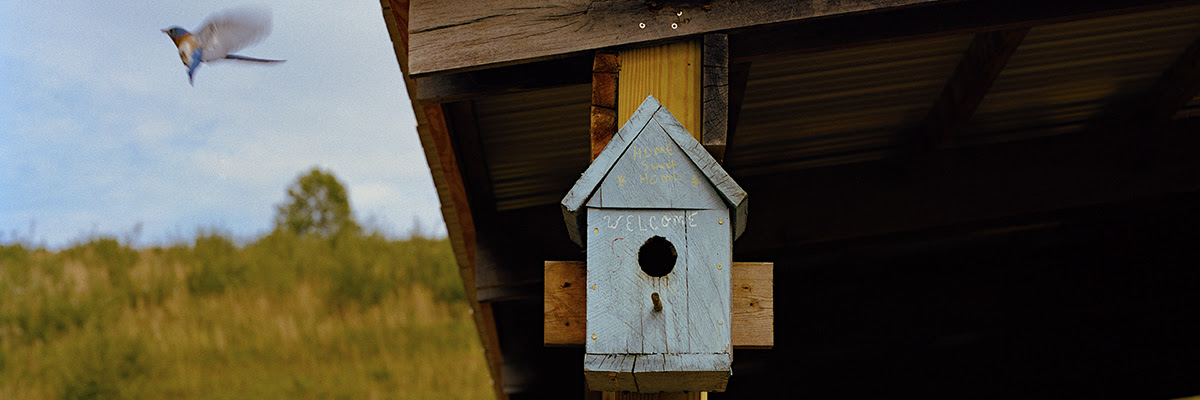
Digital Photography I – 60142
M/W 10am-12:50pm | Prof Aaron Blum
This course explores digital photography and digital printing methods. By semester’s end students will have knowledge of contemporary trends in photography, construction (and deconstruction) of photographic meaning, aesthetic choices, and the use of color. Students will learn how digital cameras work, proper digital workflow, RAW file handling, color management and Adobe Photoshop. Through the combination of the practical and theoretical, students will better define their individual voices as photographers. No prerequisites. A lab fee is charged for this course.

Black and White Photography II – 60241
T/R 2-4:50pm | Prof Jamie Gruzska
Black and White Photography II continues developing your technical skills in analog photography by introducing medium and large format cameras and prints. Large format view cameras remain the state of the art in control and quality in both film and digital photography. These cameras as well as unusual panoramic and pinhole cameras will be supplied. This course emphasizes aesthetic development and personal artistic growth through individual tutorials and group critiques, and will help to build professional level photography skills. Additional topics include digital printing and negative scanning, advanced monotone printing methods, and a focus on exhibition and folio presentation. Students are responsible for the cost of photo paper and film, and a lab fee is charged for the course.

Intermediate Digital Photography – 60281
T/R 10am-12:50pm | Prof Aaron Blum
Formed around a series of workshops, this course will explore digital and analog image-making processes, using both old and new methodologies, at times combined, yielding a unique experience. Basic techniques will be reviewed but the course quickly progresses to subjects of image and exposure optimization and workflow refinement in post-production. Software highlights include, but aren’t limited to: object removal, advanced masking methods artificial light creation, and utilizing the latest Adobe AI tools. Using newly found skills, students will produce complex, fine art imagery anchored in personal aesthetics. Basic Photoshop experience and/or completion of Digital Photography I (60/62-142) is recommended. A lab fee is charged for this course.
Art Electives for Non-Majors
These courses to make and learn about art are open to all students across campus. No previous art experience is required or expected!

Cultural History of the Visual Arts – 60105
M/W 7-9:20pm | Prof Maria Elena Versari
Have you ever felt that you liked an artwork but couldn’t explain why? Do you have questions about art that you were always afraid to ask? This course is conceived to give students the tools to feel at home when visiting a museum and talk about art in social, business and academic settings. It is organized over two semesters, but students can take only one of the two courses. Cultural History of the Visual Arts I (in the fall) covers the period from Antiquity to the end of the 1700s and features masterpieces and lesser known works in Western and Non-Western art, organized chronologically and by theme. Some of the topics we will study include the controversy surrounding Leonardo’s and Michelangelo’s works, the role of censorship in the arts, the development of perspective experiments and visual theories from Antiquity onward, the concept of landscape and the status of the artist in the Ming dynasty, the impact of colonialism and post-colonial identity in South American Art, the rediscovery of Pompeii and Herculaneum and the Egyptian craze in the 1800s, the world of Opera and ballet, and the Impressionists’ ideas of what an artwork should be. The course also includes museum visits that will be organized taking in consideration the students’ schedule. No prerequisite required and open to students from all disciplines.
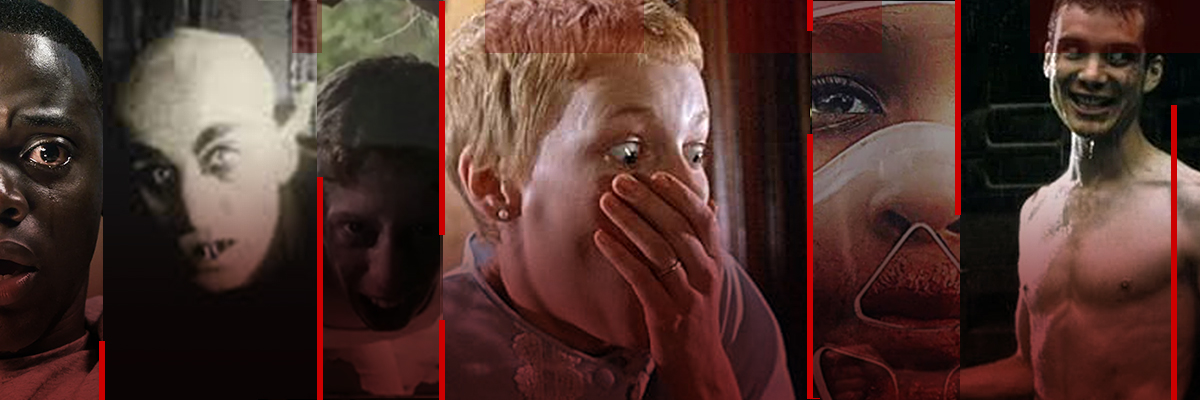
Film for Non-Majors: The Horror Film – 60108
R 7-9:50pm | Prof Liz Kurtzman
This course will explore the horror film — its appeal, its influence, and the ways in which it evolves to scare new audiences, generation after generation. Horror’s creeping roots were planted well before the dawn of the twentieth century, and it continues to be the most consistently popular and successful film genre. It has provided commentary on the topics that seem too frightening or too difficult to talk openly about, and it has explored the things that scare us the most. Together, we will watch foundational films and lesser-known gems, familiarizing ourselves with the major movements and theories that underpin the genre in order to develop our analysis and research skills. Along the way, we will delve into important — and sometimes frightening — truths.
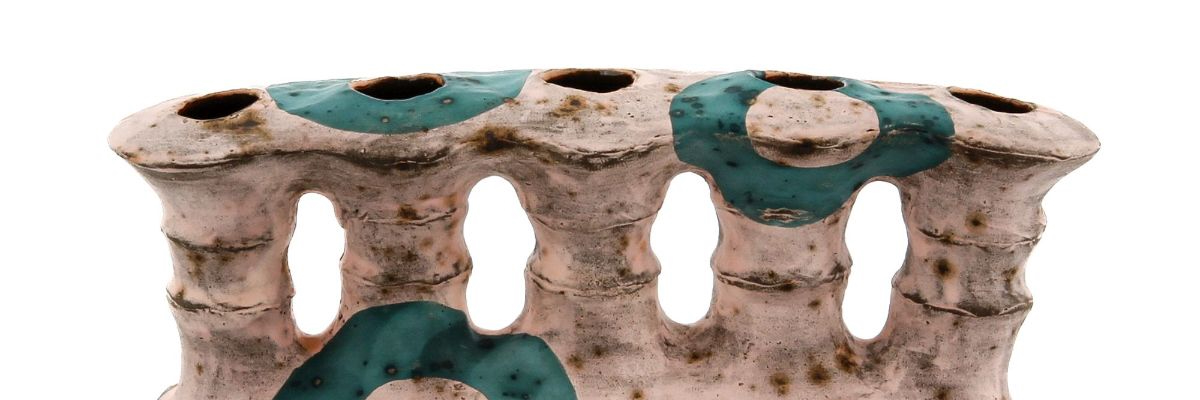
Ceramics – 60136
M/W 10am-12:50pm & 2–4:50pm | Prof Yoko Sekino-Bové
An introduction to three-dimensional form in clay, with access to our ceramics facility and kiln firings. Skills covered include hand building, sketching and modeling for larger fireable clay forms, throwing on the wheel, and basic glazing techniques. Discussions will include contemporary artists working in ceramics, as well as historical examples, and various approaches and techniques for working in clay.
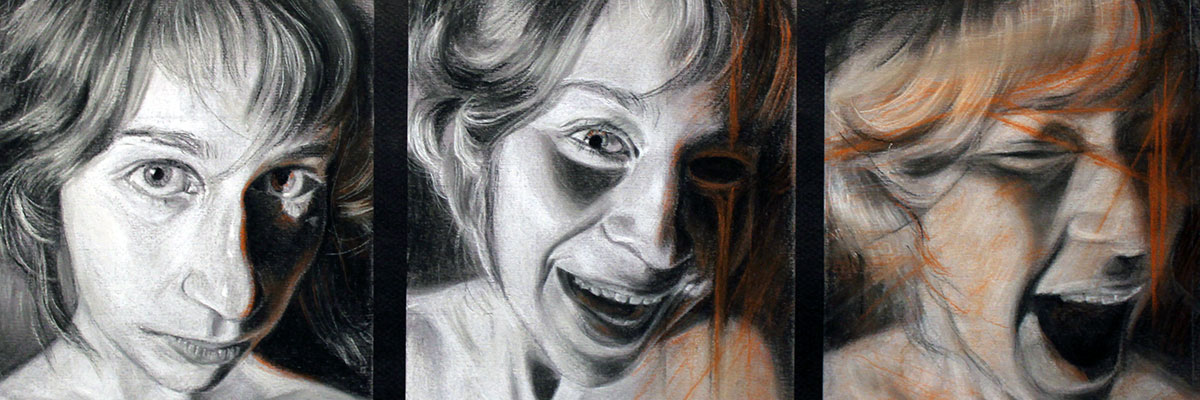
Drawing for Non Majors – 60157
M/W & T/R 10am-12:50pm | Prof John Guy Petruzzi & Prof Paul Mullins
Drawing is the foundation of all the visual arts. In this class, you’ll learn perceptual, analytical, and structural drawing skills that allow you to both more accurately and more expressively create an image on paper. You’ll try various methods of creating pictorial and illusionistic space; recording the external world of light and form; and making visible the internal world of the heart, the mind, the soul.
